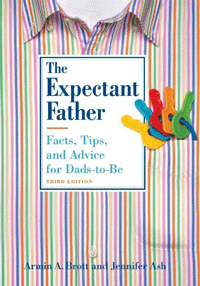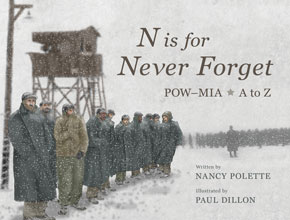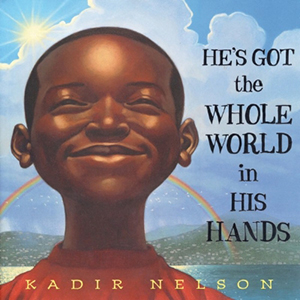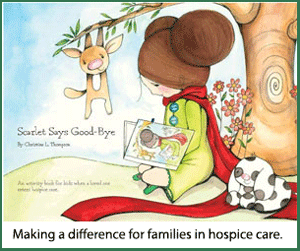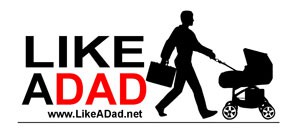When Armin Brott was the expectant father of his first child, the world as he knew it began to shift around him. His mind reeled with the changes he was experiencing and he became increasingly curious about what else he could expect with the onset of fatherhood. An avid researcher and lifelong learner, Armin did what he knew how to do. He explored the bookstores and trolled the shelves at the library to discover answers to his questions about becoming a dad. Before long, Armin became disappointed at the selection of readings for dads-to-be. He wrote his first book to fill a gap, and as soon as one gap filled, he discovered other gaps that needed closing. From dads-to-be to single fathers to deployed dads, Armin has been providing books and resources for fathers for nearly twenty years.
“I hadn’t intended to write books,” Armin says. “Expectant Father was a book I wished I’d had, so I wrote it myself.”
The first edition of the book was published in the mid-nineties and at that time, there were no forums or chat rooms available for discussion. Online connection didn’t exist, and truly for the fathers, it was, as Armin puts it, “an information desert.” He was, however, able to uncover information he valued, so he began to write essays about fathers-to-be and fatherhood. The essay-writing led to Armin’s first book, The Expectant Father: Facts, Tips and Advice for Dads-to-Be. That book was the catalyst to Armin’s career as a fathering expert, and the start of a growing movement that celebrates the role of dads.
What to Expect When You’re Expecting (still popular) was a widely circulating book among moms-to-be in the 1990s, and Armin was not impressed with its coverage of expectant fathers at the time.
“The only mention of the men was as a glancing comment about when he might have an affair,” Armin says.
He became increasingly frustrated with similar negative portrayals of dads in mass media. Portrayals of goofball, incompetent men like the father in the 1980s movie Mr. Mom hadn’t done much to encourage the legitimacy of fatherhood. It angered him that dads were portrayed as not knowing what they were doing, so he set out to change the information landscape.
Since he couldn’t find what he was looking for in popular books, Armin researched nonfiction material in scholarly articles, obscure journals, and old textbooks. He collected information and connected the dots for men seeking a resource.
“I was subtly influenced by works I read about how to structure an argument,” he says. He knew he would be swimming upstream and he wanted to provide as many of the counter-arguments as he could in order to “take the wind out of the critics’ sails.”
Most books about pregnancy are structured month-by-month, and Armin wrote his book in the same way. He included some information about the development of the baby and a bit more about the mother, but he focused primarily on what a dad experiences at certain stages and the importance of a dad’s involvement from the beginning.
“Some dads don’t understand how important they are,” Armin says. “It is better to jump right in and do something rather than sit around and do nothing.”
The information Armin uncovered in his research gave him confidence to make mistakes along the way. He encourages hesitant fathers of young children to “Get in there, start doing things, start making mistakes. You only learn what works by learning what doesn’t work.”
Armin’s immediate goal was to provide information for men about fatherhood, but he knew that not all men seek ways to be better fathers. In his view, society perpetuates a message that men don’t know how to be dads, so little boys grow up thinking they don’t want to try and little girls believe they might be better off parenting alone. Armin wanted to treat his audience with respect. He feels strongly that men are important in the lives of their children and women need to encourage men in that role. In the 1990s, providing a resource for the fatherhood conversation relied heavily on a solid plan.
Thinking like a businessman, Armin’s vocation before life as a writer and public figure, he knew he had a unique product in books from the father’s perspective, but he thought creatively about delivery. He knew he needed to make the book appealing to women because women buy the majority of books.
“My consumer and my end-user were not necessarily the same person,” Armin acknowledges. When his first book was published, mostly wives, girlfriends, sisters, and mothers bought his book.
“I received emails from wives or girlfriends who would say that they have the book and the father had started to take sneak peeks,” he says. “They would sort of toss it on his side of the bed.” When consumers (in this case, mostly women) look at the contents of a book, they want to know what is in it for them. “You get a more involved dad,” Armin says, “and that is a good benefit for mothers.”
His strategy worked. Close to 2 million copies of Armin’s books have sold to date. Over time, the buyers and audience have changed and evolved. Recently, more men willingly come into the conversation about fatherhood.
Books have been a door opener for Armin. During promotion of his first book, he participated in an interview at a radio station. The producer approached him afterward and asked if he had any interest in radio. He took the challenge and Armin’s Positive Parenting radio show has been on the air for nearly twenty years. He started writing for magazines, newspapers, and other books, and began speaking and teaching.
“Everything I do started with the books,” he says.
Armin’s writings have not been without controversy, however. Challenging the status quo of parenting has placed his work under a more intense microscope. Some feel Armin’s books model too closely and heavily borrow from previously-published books on the same topics. While he does use research from other books, Armin’s compilations make their own mark by putting fathers at the forefront. The information he has gathered and the books he has created have proven effective for millions of parents. He, too, has reaped the benefits of his research in his role as a father to three daughters.
As his girls have grown, Armin has adapted his role as father. His youngest is in the tween stage and, because he has been through this age with her two older sisters, he tries to stay as connected as he can.
“Don’t stop reading to your kids,” he says, “Maintain that connection by reading to them and having them read to you. There is a physical closeness, and reading provides opportunity to talk about the issues in the books. Don’t let them push you away.”
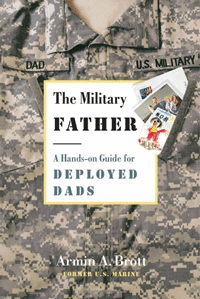 |
|---|
When his now-grown daughters were teens, Armin was no longer that dad who knew everything. But he was present and willing to offer advice and guidance when the girls needed him. Now that they are grown, he stays connected to their lives by regularly going to dinner or lunch with them and talking about their careers, relationships, and interests.
There are still niches of fatherhood Armin would like to influence. He wants his book The Military Father: A Hands-On Guide for Deployed Dads to be a more widely-used resource to support military families.
In recent years, there has been more support for families when a loved one is deployed, but Armin feels there needs to be more support for the dads who are serving far away from their families. When a dad deploys, his wife and children learn how to do everything without him, which can leave the military dads feeling unneeded, unwanted, unloved.
“When guys are able to stay involved during deployment,” Armin says, “they feel much more connected to the family and the family feels more connected to them.”
Armin’s goal is to help the deployed dads maintain a stronger relationship with their families while they are gone, so their return is less difficult. He hopes his book can help those fathers maintain a sense of purpose and stay connected to the important people at home waiting for them. Strengthening that vital connection and also help reduce the rate of divorce and suicide.
In all his work, Armin strives to balance what he sees as an imbalance in the way society views fathers.
“I want to have made the kind of difference,” Armin says, “that I have empowered dads to be more involved, and to help dads understand how important they are to their children.”
Armin’s books include:
The Military Father: A Hands-On Guide for Deployed Dads
The Single Father: A Dad’s Guide to Parenting Without a Partner
The Expectant Father: Facts, Tips, and Advice for Dads to Be
The New Father: A Dad’s Guide to the First Year
Fathering Your Toddler
Fathering Your School-Age Child: A Dad’s Guide to the Wonder Years
Other titles Armin has found valuable:
Alternadad: One Family’s Struggle to Raise a Cool Kid in America by Neal Pollack
Oh Boy, You’re Having a Girl: A Dad’s Survival Guide to Raising Daughters by Brian A Klems
Web: www.ArminBrott.com, www.MrDad.com
Facebook: /Mr.Dad
Twitter: @MrDad
Photo credit: Chris Stewart
Meagan Frank is an award-winning writer and inspiring speaker based in Wisconsin. She is the author of the Choosing to Grow series and is working on her first novel. www.MeaganFrank.com

